Celebration ’14–An Evening of Inspiration, Learning and Fun, May 10, 2014
MIT Stratton Student Center, Cambridge, MA
In collaboration with the Boston Chapter, Association of Late Deafened Adults (ALDA)
Planned to honor the work of the many New England hearing loss organizations and chapters that have created a wide range of programs, Celebration ’14 featured the acclaimed actress, writer and hearing loss advocate Gael Hannan in a presentation of her witty yet profound performance piece, “Ear Rage.” In addition, we honored Valarie Burrows and the Museum of Fine Arts Boston with an award for excellence in accessible programming. Guest, Commissioner Heidi Reed, began the program with some words about our diverse hearing loss community. A light catered reception followed the program, and CART, looping and ASL were provided.
Over 115 individuals from all over New England attended Celebration ’14!
Celebration ’14 was made possible through the generous support of our sponsors:
- Oticon
- Shanahan Sound
- Massachusetts Commission for the Deaf and Hard of Hearing
- Advanced Bionics
- Med El
- Hamilton Relay
- Sebastiens Catering


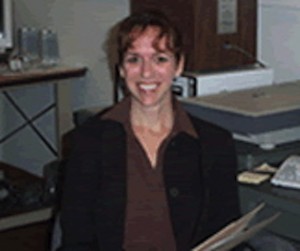

 Workshop Event: Build Your Resiliency to Stress: An Introduction to The Relaxation Response with Laura Malloy, LICSW
Workshop Event: Build Your Resiliency to Stress: An Introduction to The Relaxation Response with Laura Malloy, LICSW
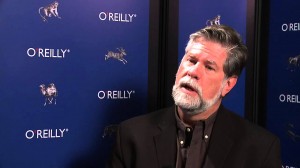
 When: November 10, 2013
When: November 10, 2013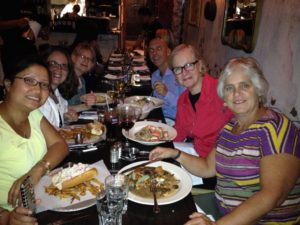
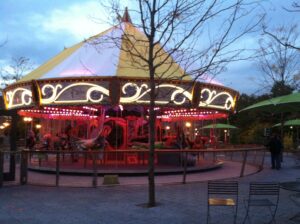
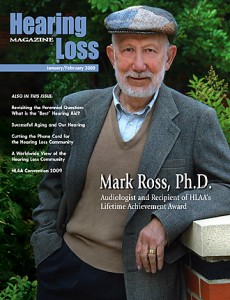 The renowned and beloved rehabilitation audiologist, Mark Ross, wrote, “
The renowned and beloved rehabilitation audiologist, Mark Ross, wrote, “